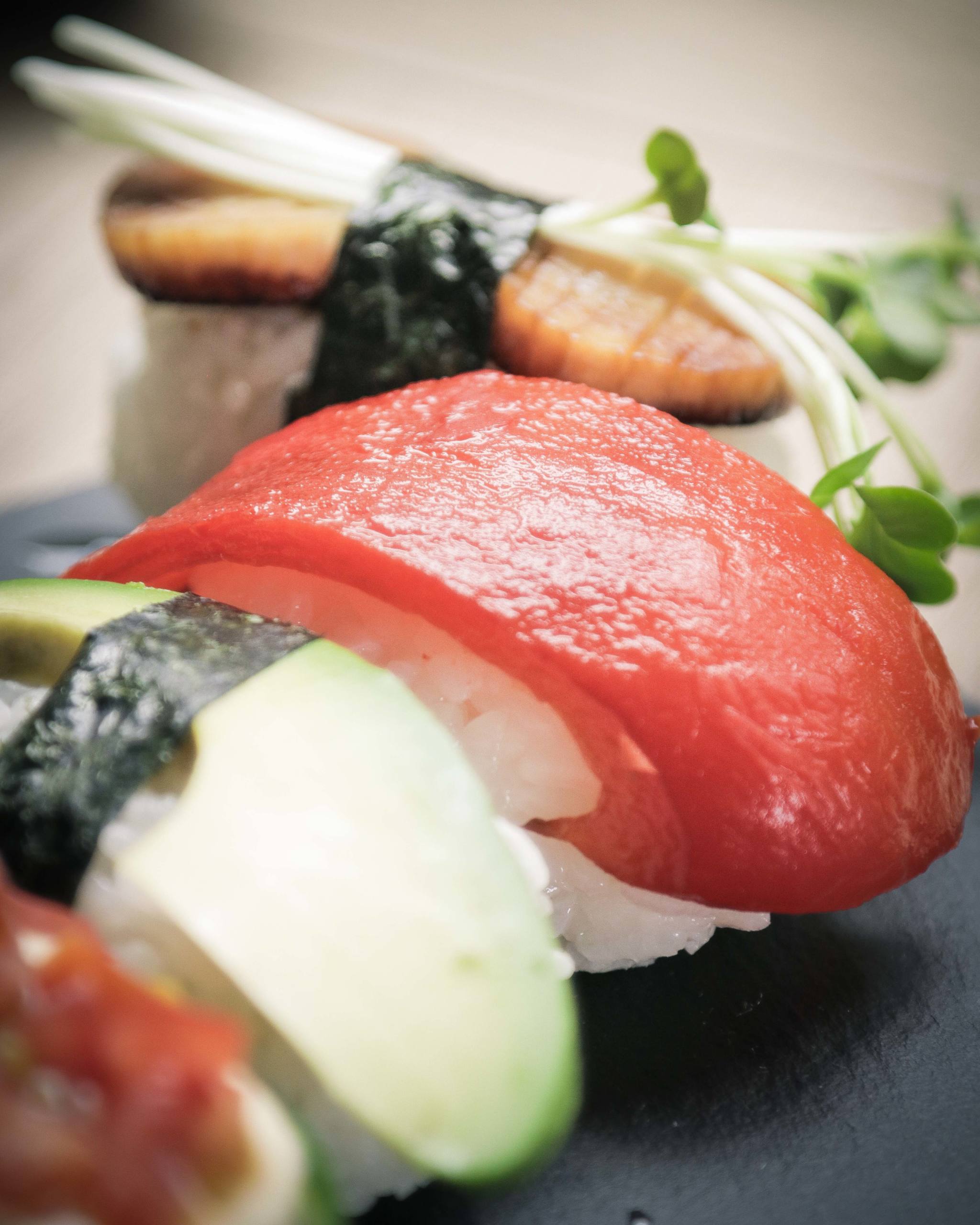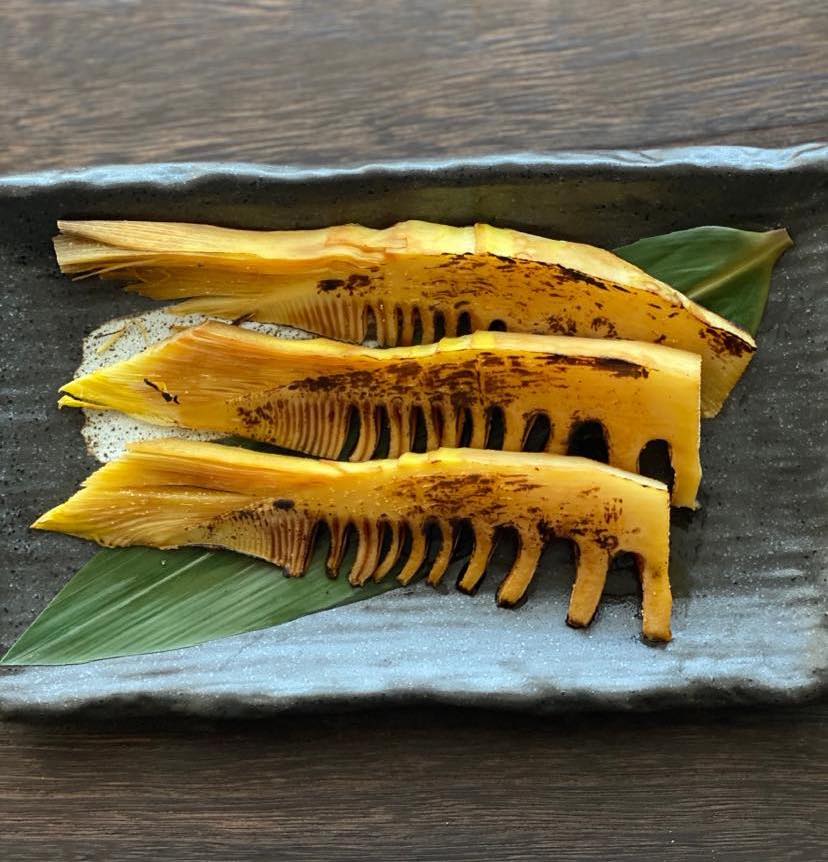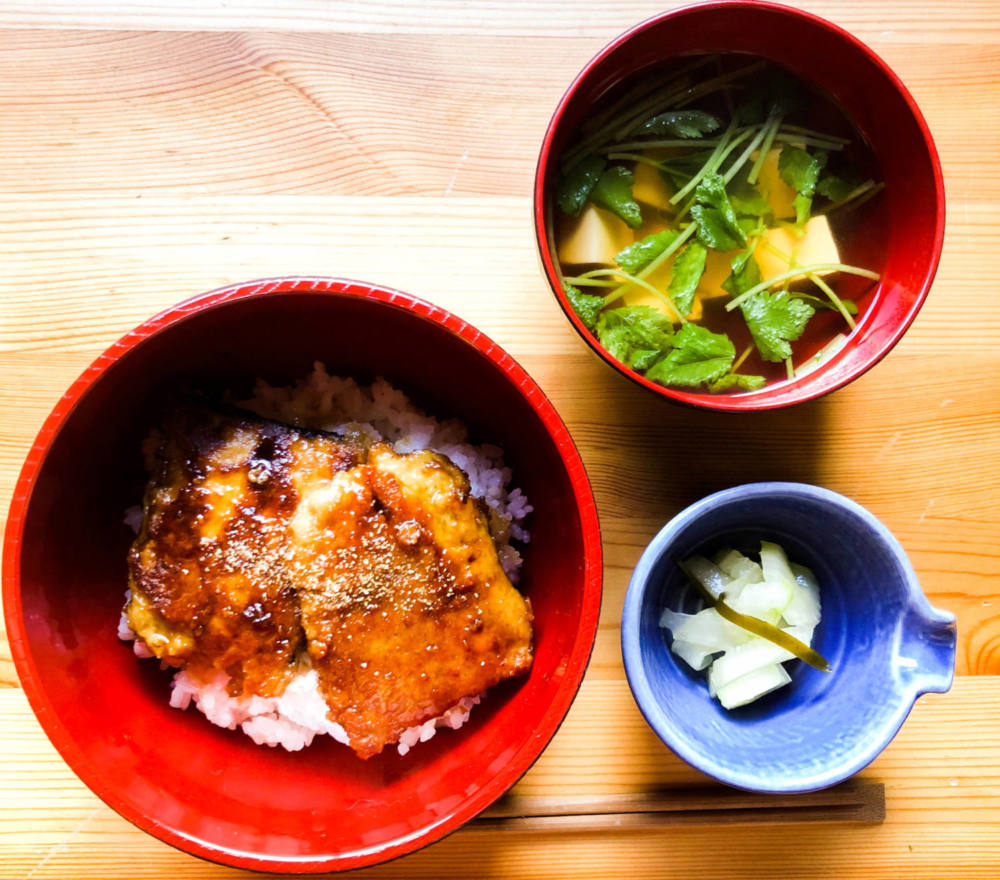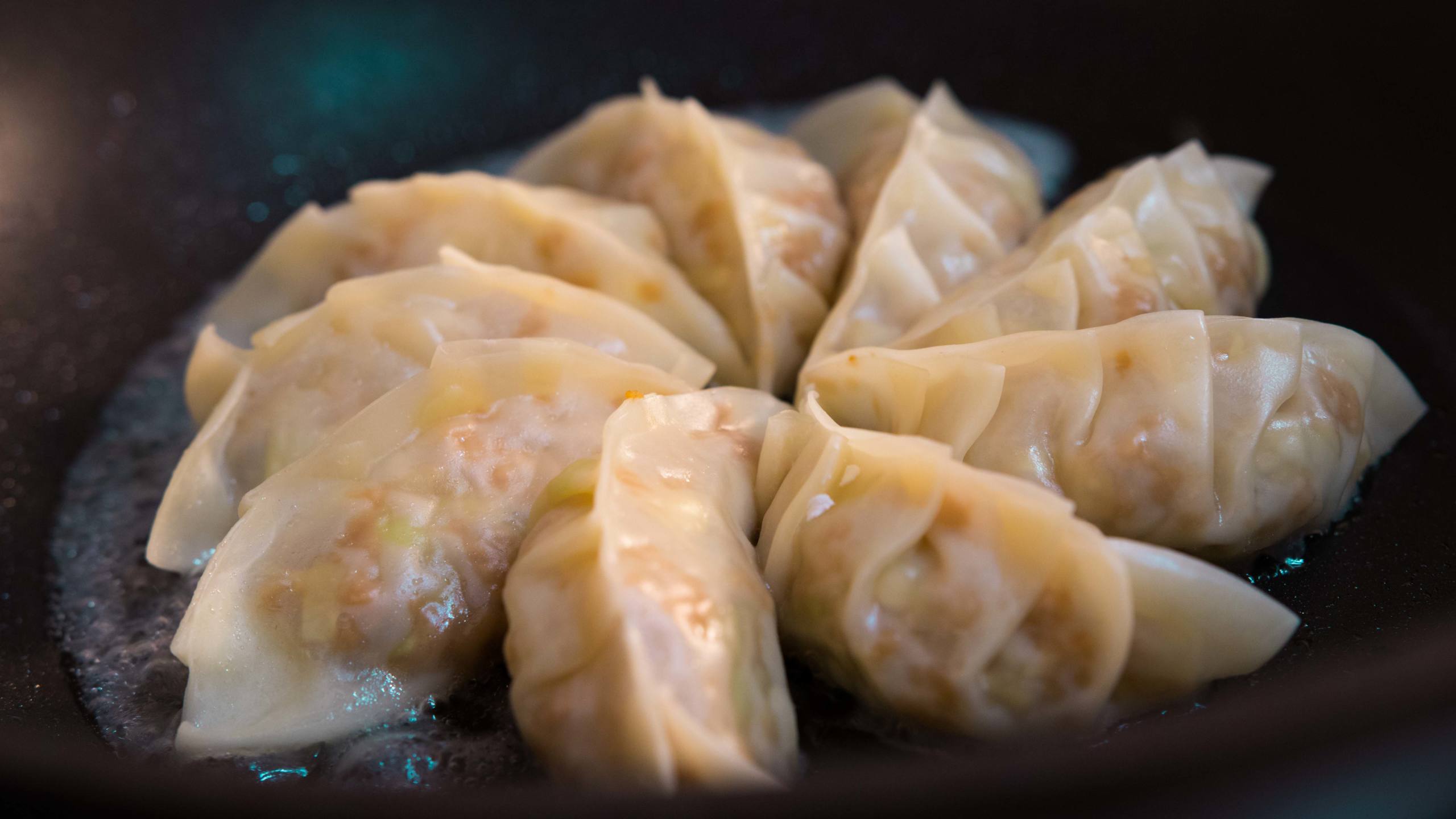
Bentoya ♡ Nigiri Sushi
View this post on Instagram A post shared by Vegan Japanese Cooking Class (@bentoyacooking)

Hello, my name is Benoit, I am a 30 years old French researcher living in Tokyo since September 2018.
I started to have a vegan diet quite recently, after a long process of thinking and learning. When I was a child, I used to have dairy products three times a day, and meat or fish twice a day, following my parents eating habits. Everybody around me would do the same, and I had no chance to meet anyone being vegetarian, let alone vegan. But when I began to live on my own and to study about sustainable development, I understood that eating meat and fish was harming the environment, and a few vegetarian friends convinced me that meat was bad for human health. Then I started to reduce my meat consumption and to eat only organic and free range meat (mainly chicken) and sustainable fish and seafood.
More recently, I read a lot about veganism, and how one could easily get enough proteins, calcium and iron from vegetables and seeds (and what is left from supplements). In 2018, I worked on a research project dealing with the environmental footprint of agricultural and food products, and watched videos from the French association for animal protection, L214.Then, I asked myself: ok, the production of animal-derived products damages the environment (climate change, pollution, water consumption), harms my health, and causes intolerable pain to living beings… so why should I carry on eating these? Because it is tasty? In my opinion, it was not a good reason (and by the way, vegan food can be just as tasty), so I decided to stop eating meat, fish, eggs and dairy products.
Besides, I am a normal human being, enjoying mountain hiking and trekking, playing football, tennis and videogames, traveling (train better than plane!), discovering new things and writing about it ñ which I will in English and French on Bentoya’s blog!

Bonjour !
Moi c’est Benoit, originaire de Nantes et installé depuis septembre 2018 à Tokyo. C’est mon troisème long séjour au Japon, où je suis actuellement chercheur en sociologie de l’action publique, spécialisé sur les politiques environnementales et énergétiques.
J’ai commencé à adopter le régime vegan assez récemment, après plusieurs phases de sensibilisation et de réflexion. Plus jeune, je mangeais comme beaucoup de monde de la viande, du poisson et des produits laitiers à chaque repas, chez moi et à la cantine. Tout le monde faisait pareil dans mon entourage, et je n’ai pas souvenir d’avoir rencontré la moindre personne qui était végétarienne ou vegan avant mes 20 ans. Mais quand j’ai commencé à vivre seul et à suivre des cours sur le développement durable, j’ai pris conscience des impacts de l’élevage et de la pêche sur l’environnement. J’ai aussi sympathisé pour la première fois des personnes végétariennes, qui m’ont décrit l’atrocité des conditions d’élevage et appris que les produits d’origine animale étaient mauvais pour la santé. J’ai alors commencé à réduire ma consommation de viande et à manger surtout de la volaille bio ou simplement élevée en plein air, et du poisson issu de la pêche durable.
Plus récemment, j’ai beaucoup lu sur le véganisme et découvert qu’on pouvait se passer de produits d’origine animale sans avoir la moindre carence nutritionnelle, à l’exception de la vitamine B12 (qui peut néanmoins être facilement obtenue avec un complément alimentaire). En 2018, j’ai travaillé sur un projet de recherche dédié à l’affichage de l’empreinte environnementale des produits alimentaires, et j’ai aussi été exposé aux vidéos de l’association de protection animale L214. A partir de là, je me suis demandé : ok, la production de produits d’origine animale dégrade intensément notre environnement (changement climatique, pollutions, consommation d’eau), menace ma santé, génère des souffrances physiques et mentales intolérables aux animaux, qui sont des êtes vivants sensibles mais aussi aux employés des abattoirs… donc, pourquoi continuer à manger de tels produits ? Juste parce que « c’est bon » ? Pour moi, cette raison ne tenait pas la route, d’auttnt plus qu’on peut très bien se régaler en étant vegan, il suffit d’apprendre à cuisiner autrement, ou simplement de manger indien, libanais, japonais, etc.
J’ai donc complètement arrêté d’acheter et de commander des produits d’originale animale, et cela ne m’empêche pas d’être en très bonne santé et de continuer à combiner travail, perfectionnement de mon japonais, sports et randonnées les weekends. Et je suis très chanceux d’avoir fait la connaissance de l’équipe de Bentoya, qui me permet de découvrir des nouvelles façon de cuisiner de manière saine, responsable vis-à-vis de l’environnement et des êtres vivants qui nous entourent, et délicieuse !

View this post on Instagram A post shared by Vegan Japanese Cooking Class (@bentoyacooking)

In Japan, the vegetable and fruit selection changes with the seasons. Seasonal vegetables are often budget-friendly and a great way to add variation to your cooking.

Modoki ryori refers to food which uses plant-based ingredients to mimic the appearance, taste and texture of meat dishes. This type of dishes are common in shojin ryori and they have also achieved a certain mainstream popularity due to the health factor of eating vegetable-rich meals.

Chuka ryori (中華料理) refers to Japanese-Chinese dishes which originate from China, but have been adjusted to fit the style and taste of the Japanese palette. Dishes that belong to this group are for example ramen, gyoza and harumaki.
Sign up to our newsletter and get our latest recipes, cooking related content & offers delivered right to your mailbox!